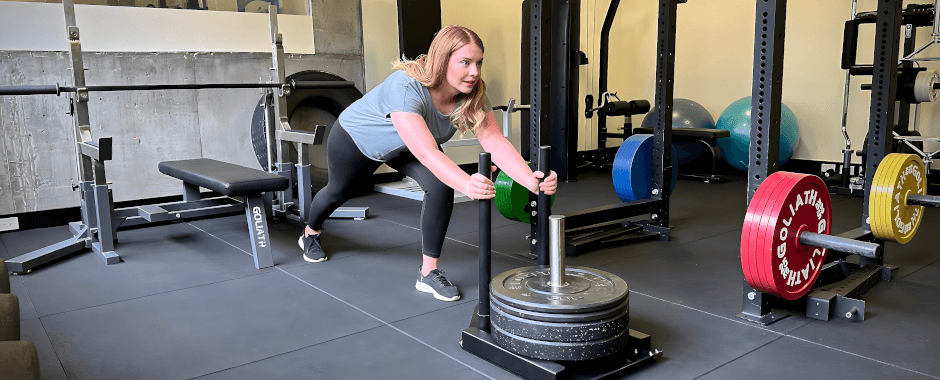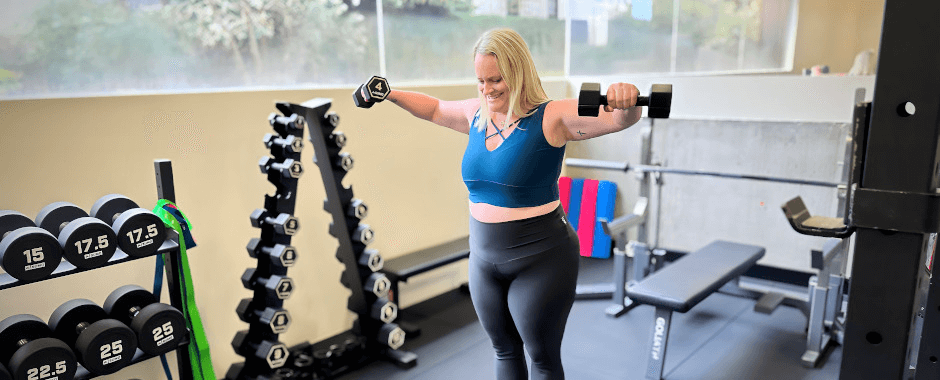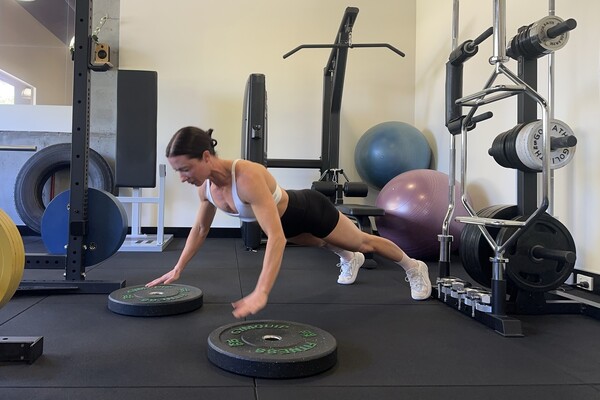Exercises
Programs
Testimonials
Both my daughter and I train with Megan. It is because of her support and guidance both of us have grown not only in strength but in confidence.
I never thought I would be as strong as I am today. If you are looking for a positive, comfortable, safe place to train then please consider Thrive Personal Training.
(more) — Trynae Hebditch












